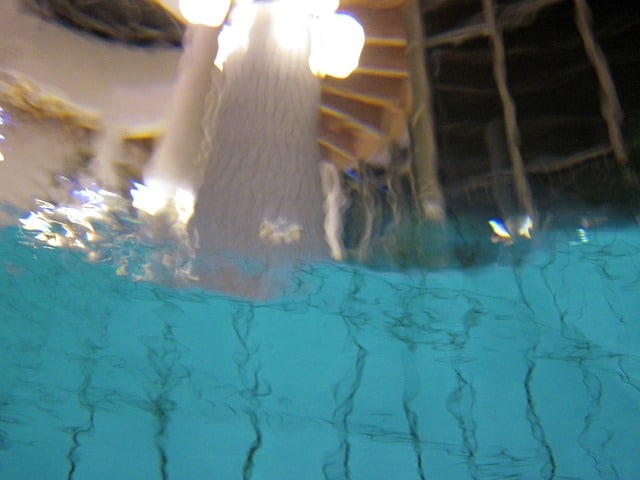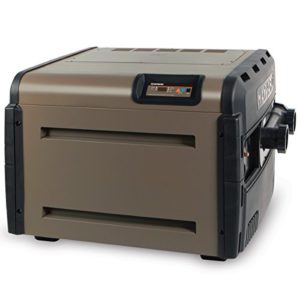
10 Dec How to go about heating your pool with gas
So what’s the need for these types of pumps?
A lot of pool owners complain about the temperature of their pools; you will hear them saying stuff like, “I love to go for a swim, but the water is always too cold for me to jump in there.” Well, pool heating technology has made life more comfortable, even in the coldest of regions, you can now swim all year round if you would like to, thanks to the invention of various types of pool heaters. There are three primary pool heaters used in pools, solar heating, electric heat pumps and gas heater pumps. Of the three, the most popular is the gas heater, and that is what this article will be focusing on.
Widely regarded as the most used pool heater, the gas heating pump is so loved because of two significant qualities, speed, and fuel efficiency. Employing the gas heater will mean you can swim more extended hours, even into the night as well as all through the year. Gas pool heaters are mostly recommended for people in the more temperate regions of the world. They are most efficient when pools need to be heated for short periods within a little time frame.
The gas heaters run on natural gas or propane stored in a canister tank, over the last few years their efficiency has drastically improved to over 95% with environmentally friendly innovative measures imbibed into their construction, as well as pilotless ignition systems.

Mechanism of operation
As stated earlier the heaters run on natural gas or propane which produce a flame that heats up the metal exchange chamber or tubes.
The water from the pool then circulates through the tube and is being heated by the exchange tubes so that when the heated water returns to the pool, it heats up the pool temperature for a specified period. The heaters are rated by their BTU output which merely means the amount of energy converted to heat, this rating is essential in determining the size of heater required for each pool.
The wider the surface area of the pool, the larger the BTU output required of the heater, each heater’s BTU is often stated prominently by the manufacturer. Another thing to consider is the kind of starter in use, either millivolt or electronic. Millivolt starters make use of a pilot light which should always be on to enable the heating process. The electronic starter, on the other hand, eliminates the stress of trying to keep the pilot light on and it also saves more money over time.
Heater sizing
Getting the right heater for your pool is very important, and this depends mostly on how efficient your calculations are. You will need to know how to relate the size of your pool to the BTU output of the heater, as stated earlier, the larger the pool, the more BTU is required.
Here is how to calculate it:
You start with getting the size of your pool
Rectangular pools = length x width
Round pools = radius x radius x 3.14
Oval pools = length x width x 3.14
With these, you can calculate the size of your pools.
Below is a guide to estimate the BTU required for different pool sizes:
| Surface area in feet | Amount of BTU to increase 11oC |
| 200 | 55,000 |
| 400 | 105,000 |
| 600 | 160,000 |
| 800 | 210,000 |
| 1000 | 265,000 |


